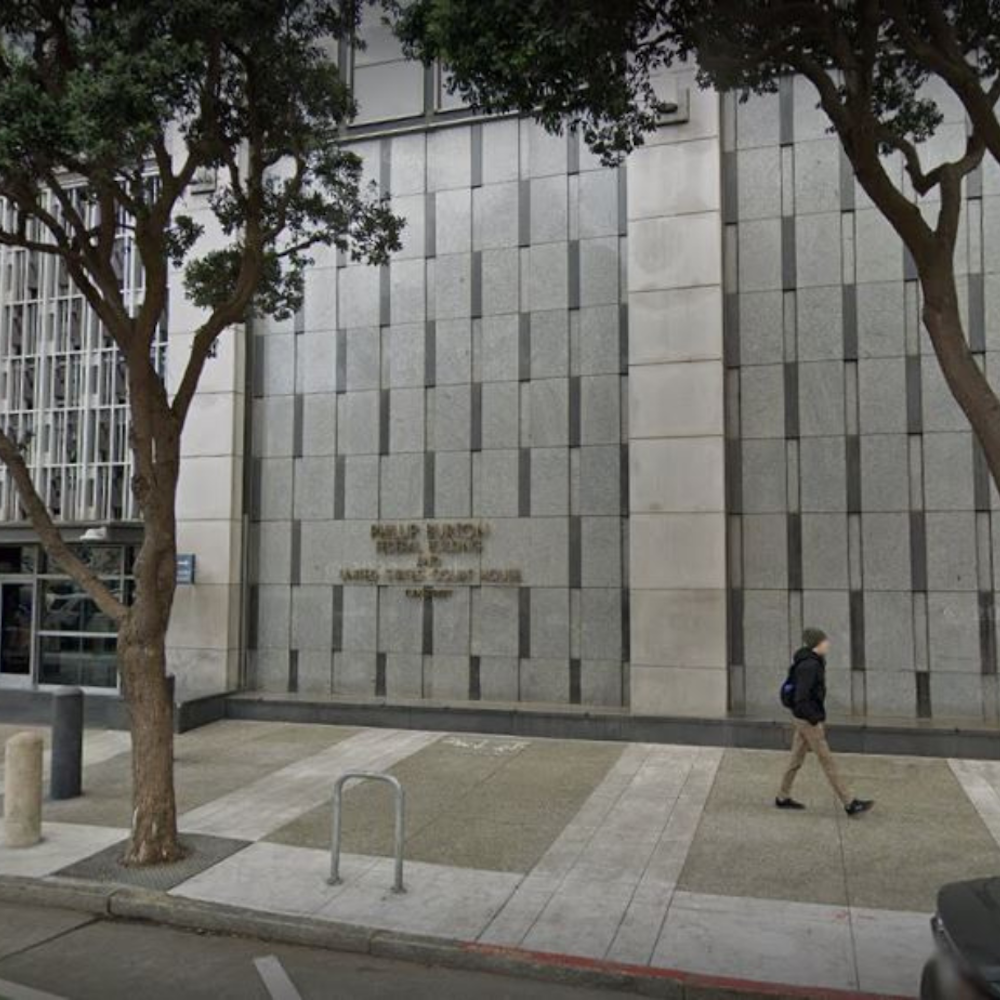
As climate activists and policymakers grapple with the carbon footprint of everyday life, the unseen emissions from the buildings we live and work in are now taking center stage. Portland city officials have set their sights on reducing the carbon emissions from the construction sector, targeting the materials that make up our urban landscape.
In a newly released document titled "Recommendations to Reduce Embodied Carbon in the Built Environment,” city staff outlines a series of steps to tackle what's known as 'embodied carbon' – the emissions from producing, transporting, installing, and eventually disposing of building materials. This part of the construction process is a silent giant, accounting for nearly 15% of global emissions. According to the official announcement, these measures could help pivot Portland track towards a more sustainable blueprint for development.
Embodied carbon often slips past the public eye, overshadowed by more visible culprits like transportation and energy use. However, with the construction industry booming, the impact of these materials can no longer be ignored. A robust plan to address the carbon footprint from the construction phase of a building's life is fundamental in the city's larger battle against climate change. The recommendations by Portland staff have been laid out as a call to action for local partners, stakeholders, and policymakers.
Actions proposed include the use of low-carbon materials in construction, strategies for material reuse, and policies to encourage innovation in the industry. The report underscores the need for collective effort, stating, "City staff and area partners can take to reduce the embodied carbon of buildings." Such collaborative endeavors could lead to significant reductions in greenhouse gas emissions, propelling Portland to the forefront of climate-smart cities.
The move has not only environmental implications, but economic ones too, with the potential to bolster new markets for green materials and technology. While the road ahead may be challenging, the groundwork laid out by the Portland city staff offers a concrete starting point to chip away at the carbon costs of our built environment. The full report can be found on the City of Portland's website.









